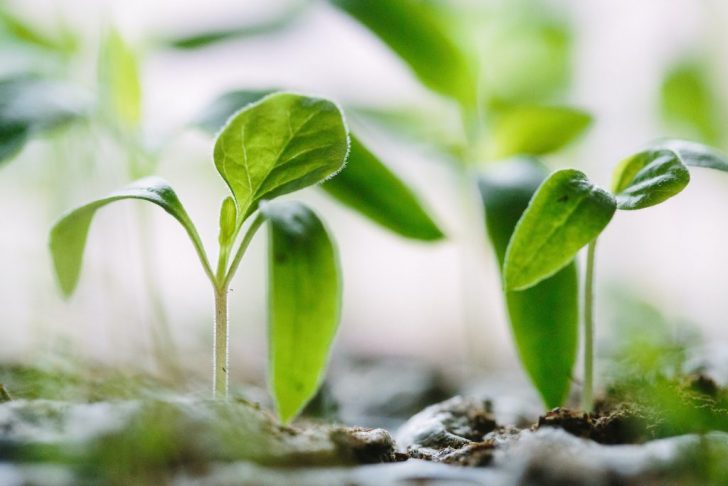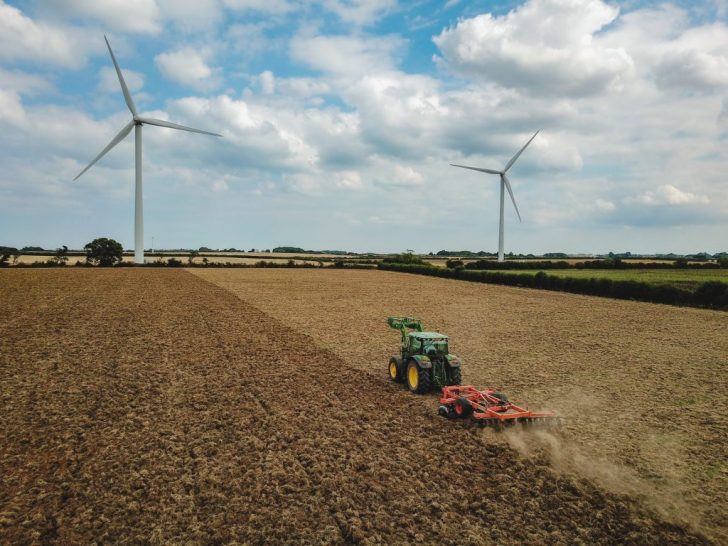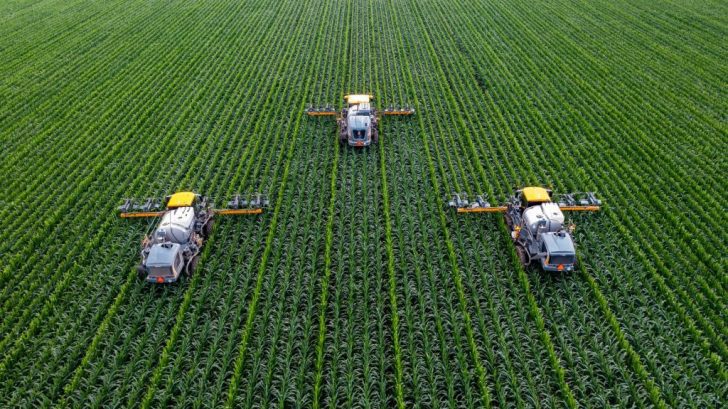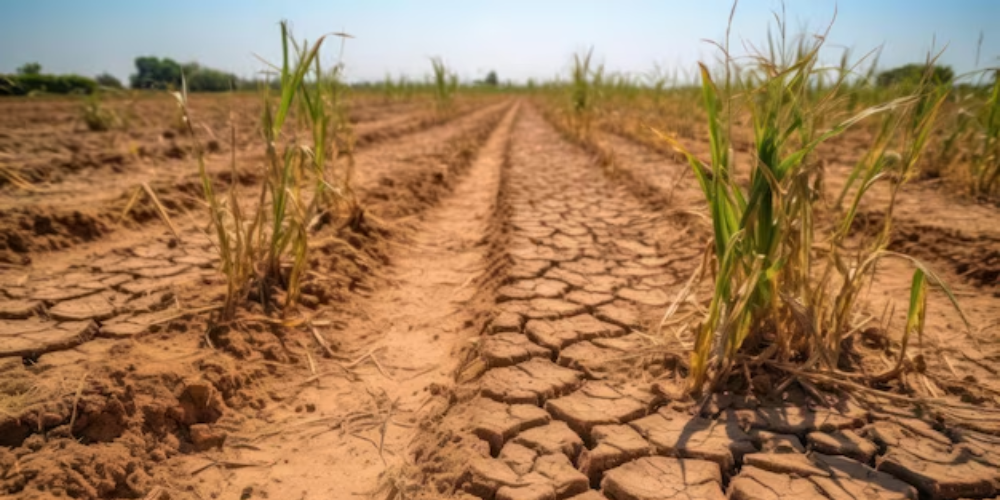Food is the basic need of every living being. There is no way that life on planet Earth can sustain itself without food. Similarly, there are different mediums and ways that are used to produce this essential component of life on earth called food.

Francesco / Unsplash / Food is the basic essential of life on the planet earth.
But the process of producing food is directly proportional to the danger of victimizing the environment. In other words, the process of food production impacts the environment and ecosystem. Thus, it is an irony that while trying to sustain life on earth - via food - we are destroying the environment itself.
Think about it: Deforestation, leaving lands barren after production, destruction of habitats, and usage of pesticides - all these are the outcomes of food production.

Luke / Unsplash / The process of food production destroys the ecosystem and leaves the agricultural land barren.
Here are some of the critical ways in which the environment is disturbed by the process of food production. It is pertinent to be cautioned here that these factors add up to climate change and other critical factors that are detrimental to the health of planet Earth.
-
Loss of Ecosystem & Habitat
One of the foremost impacts of food production is the loss of the ecosystem and natural habitat. Before a piece of land is prepared for agriculture, the existing habitat is destroyed.
To make lands fertile for agriculture, the wildlife population is destroyed. During the process, the existing species are compelled to leave their habitat. Eventually, this leads to the extinction of wildlife species. According to the reports from wildlife, 23% of birds and other species go extinct because of deforestation. If this continues, it is very likely to put the ecosystem in danger.

James / Unsplash / While preparing a piece of land for farming, the habitats of wildlife species are destroyed.
-
Usage of Agricultural Chemicals
Once the land is ready for agriculture, farmers very likely use pesticides and other chemicals to make the land fertile. Although these chemicals make the land fertile for one tome production. But for the second term, the land becomes barren.
In other words, the agricultural land becomes less fertile in the long run. As a result, no fruits can be grown on this piece of land.
-
Emission of Greenhouse Gas
Pesticides, herbicides, and other chemicals that are used during the process of food production leave behind fossil fuels. In turn, it adds up to the emission of greenhouse gas. Similarly, equipment that is used in agriculture, like tractors, also leaves fossil fuels in abundance.
As a result, these fossil fuels add up to climate change, which may put life on earth in danger.
-
Deforestation & Barren Land
When making a land prepared for agriculture, deforestation is the first step. Farmers cut down trees and make the land feasible for farming. Consequently, this deforestation adds up to climate change and other critical crises.
Similarly, once a piece of land produces seasonal food, it becomes barren for the next time. This is largely because of the excessive use of pesticides and other agricultural chemicals.




